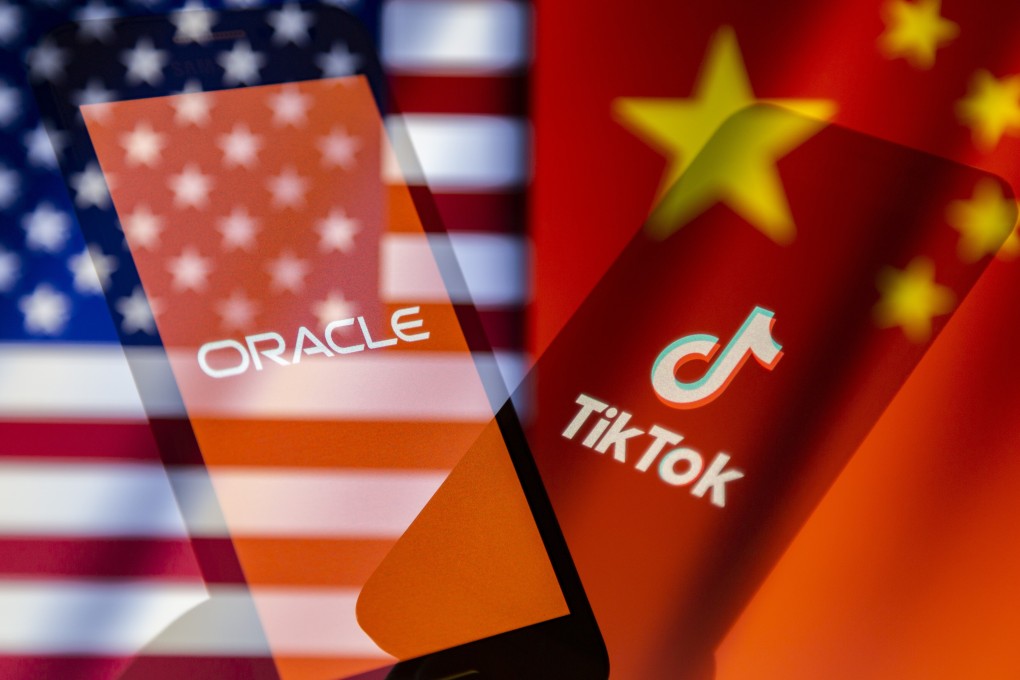Advertisement
China Briefing | An Oracle-ByteDance deal for TikTok gives Huawei a glimmer of hope
- US sanctions and Nvidia’s planned takeover of British chip firm Arm mean the future of China’s 5G champ remains uncertain
- But the partnership model envisaged in the TikTok deal offers a potential way forward for Chinese tech firms hoping to expand in the West
Reading Time:5 minutes
Why you can trust SCMP

On September 15, both hope and fear were in store for Chinese executives with an interest in the intensifying US-China battle for technological supremacy.
As US sanctions went into effect that day, China’s telecom giant Huawei was cut off from essential supplies of semiconductors, without which it cannot make its smartphones or 5G equipment. Its future remains uncertain as it expects to run out of chips kept in reserve before the end of next year.
Adding to the woes of Huawei and other Chinese tech companies was the announcement last Sunday that Nvidia, a US technology company known for specialised graphics chips for gamers and servers, would pay US$40 billion for the British chip designer Arm. If Arm becomes a US company, it will give the US government further leverage to restrict the access of Huawei and other Chinese companies to mobile computing. Arm’s chips, which are installed in most of the world’s mobile phones, are independent of American chip-making technology.
But a glimmer of hope came on news reports that TikTok, the wildly popular Chinese-owned video app, would be allowed to continue operating in the United States for now.
Advertisement
On Friday, US authorities said TikTok downloads and updates would be blocked from Sunday, and users would be able to continue using the app until November 12, effectively extending the deadline for a deal.
Since then, a flurry of activities has heightened expectations that a proposed deal between ByteDance, the owner of TikTok, and Oracle, a US software giant, could help the app avoid the ban or a forced sale previously demanded by US President Donald Trump on national security grounds.
Advertisement
Advertisement
Select Voice
Select Speed
1.00x
